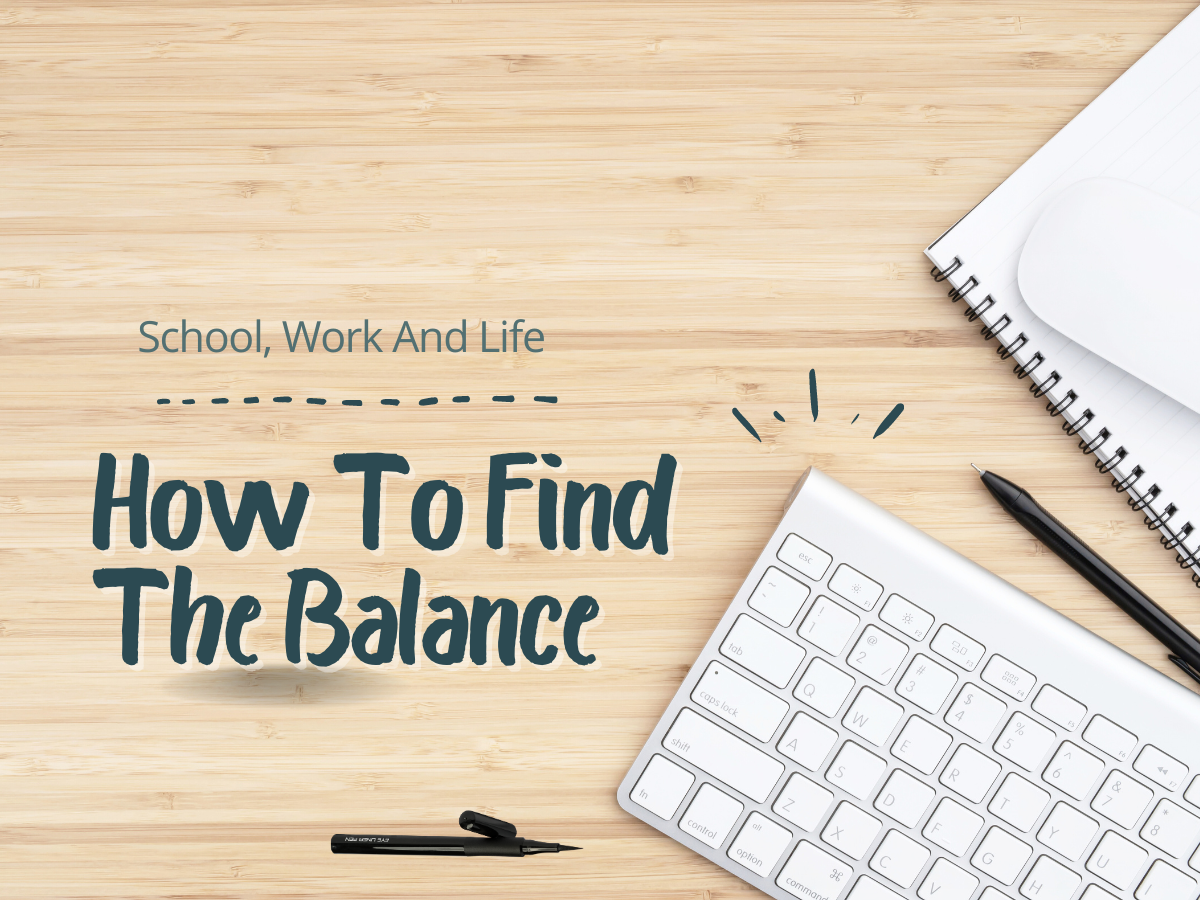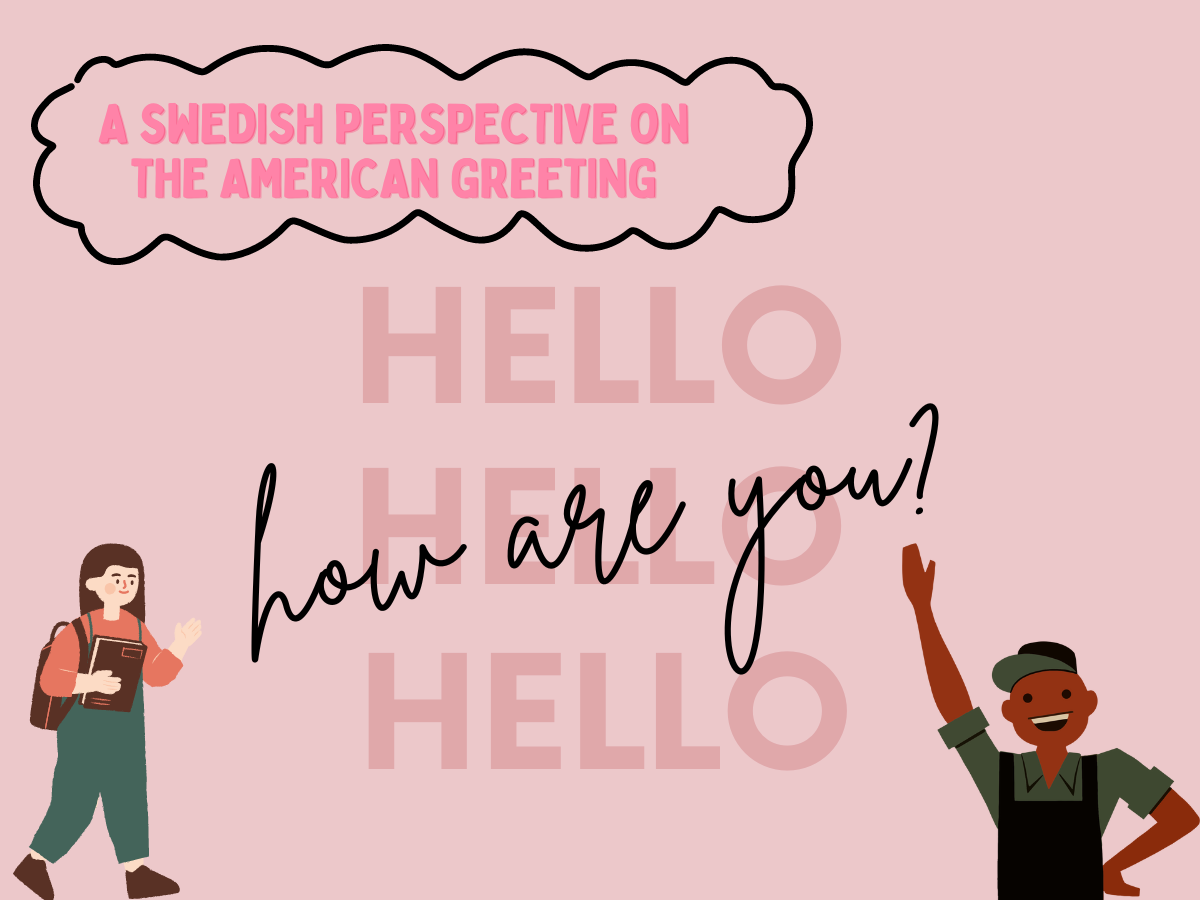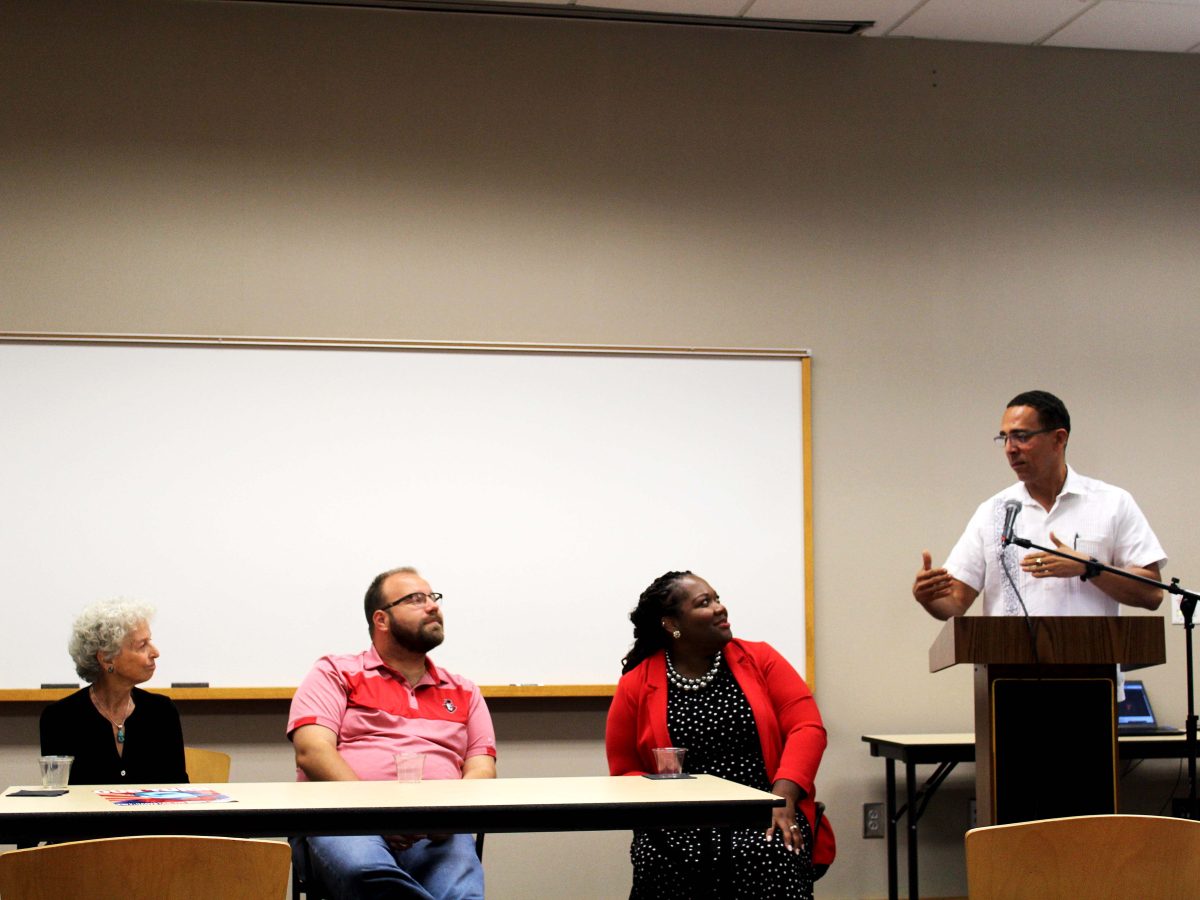The question has been posed many times.
Why is there still a need for a Black History Month?
This question is usually followed with a couple of statements somewhere along the lines of: “Well, slavery was abolished 1865.”
“Segregation was ended in 1964, and we’ve had a Black president, so I don’t see the point.” “We live in a post-racial society.” “Racism isn’t a reality in our modern world.”
Though segregation ended in 1964, job, housing and school discrimination are still a reality for many people. The accomplishments of Black people are still largely ignored or underappreciated.
The history of the United State is whitewashed.
Though American history is a mandatory part of curriculum for all high schools and most college degrees, Black people are largely ignored with the exception for a few chapters about slavery and Jim Crow laws.
Black people didn’t begin with slavery and didn’t disappear after desegregation. The work of Black revolutionaries supersedes these two eras.
Black History is growing as the culture grows and changes.
As our society begins to be more open to the concept of intersectionality, the stories and achievements of even more people are being told.
Intersectionality is the overlapping of identities that may be subject to discrimination.
For instance, being Black in America is a particular experience and so is being homosexual in America. When these two identities overlap in one person, that is an example of intersectionality.
There are so many stories like these that haven’t been shared yet.
Now, with people like Billy Porter being a piece of Black history, there is more widespread representation than ever before.
We need Black History Month because these stories and experiences must be shared. There is healing and support in the sharing.
Though one could argue that race relations have improved in the last decade, they are still not adequate.
As long as Black people are subject to police brutality, hate crimes and discrimination, there will be a need for Black History Month.
Black people, especially youth, need to understand that though there are obstacles, they can succeed. Black History Month helps to build pride.
This makes it possible to build up the youth and help them to understand that, though being Black in America can be disheartening, it is not completely hopeless.
They can be helped to understand that they never have to accept or be reduced to generalizing.
It is not always overt violence that threatens the lives of Black people. Raising awareness about healthcare issues that affect Black people is another reason Black History is needed.
Black women are three times more likely to die during childbirth. Also, there are still misconceptions surrounding pain management. For instance, there is a belief in the healthcare community that Black people cannot be trusted when in hospitals.
The belief is that they are inherently overdramatic or simply seeking pain medication. These misconceptions have real repercussions. People are losing their lives.
The message that Black lives are still present and still deserve equality must be continually broadcasted.
Black History Month is still needed because some still don’t recognize the level of political power we truly have.
The Black vote is important. The ballots we cast matter. The vote matters so much in fact that it is simultaneously vied for and targeted.
It is important to be reminded that our voices have influence. Groups, such as the NAACP, that have successfully helped to pass legislation to better our world are an example of this.
There is still a need for Black History Month, and there always will be. Perhaps the greatest reason of all is for the future generations.
Black children need to see themselves represented. They need to know that they have a right to be in all spaces because the way has been paved for them. They need to know about Simone Biles so they can say “I can be a nineteen-time gold medalist winner because someone who looks like me did it.”
They should understand that there’s no accomplishment that they can’t strive for. Because with a rich history of inventors, poets, painters, entrepreneurs, athletes, musicians, lawyers and doctors, there is no space they do not fit into.
Last but not least, Black History Month is needed because Black people deserve to feel proud.
Despite the fact that our original families and cultures were torn from us, we prevailed.
Black people are still connected to the ones who built this country yet received no pay or recognition.
Modern day African Americans are the descendants of survivors. They would be so proud to see how far we have come.
There is resilience in the blood of Black people. That is something of which to be proud. It deserves to be celebrated.
We deserve to celebrate and be celebrated.





